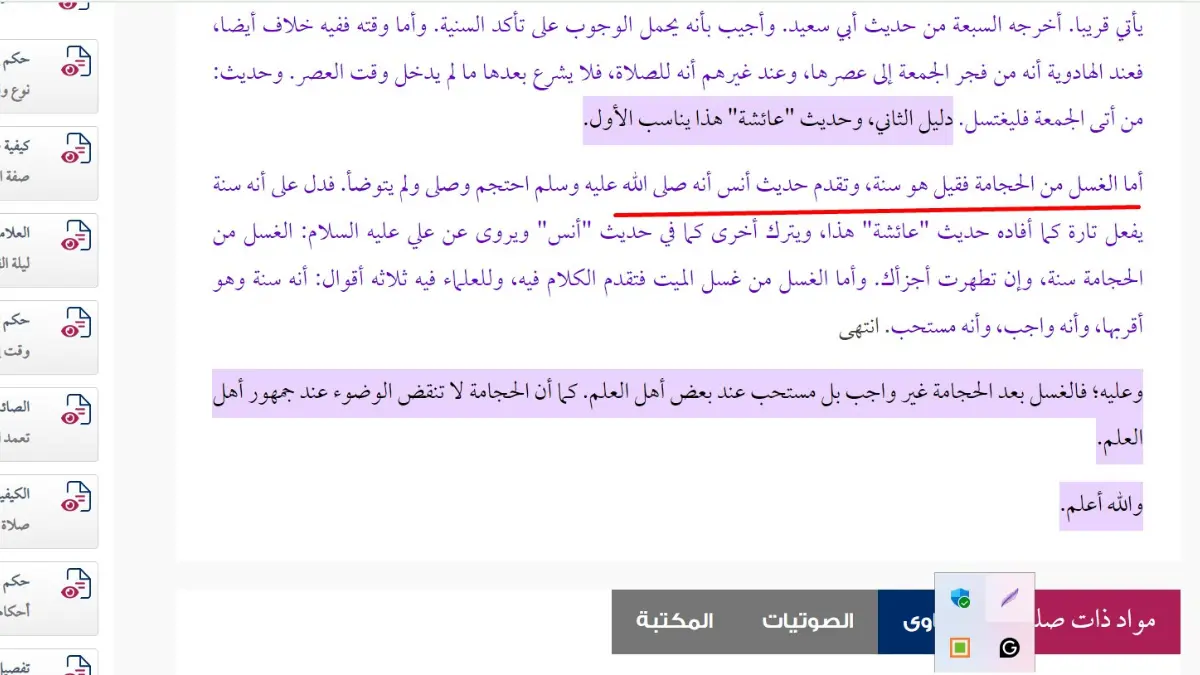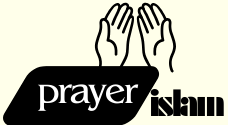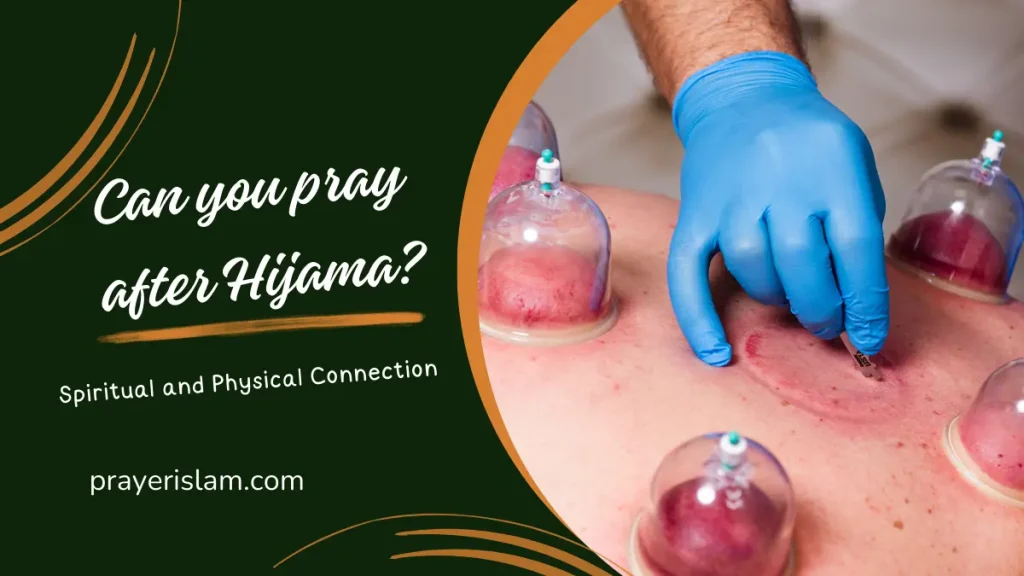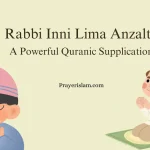Hijama is called the method of treatment shown by the Prophet. Rasulullah (SAW) informed the Ummah about the benefits of Hijama. He performed hijama himself and encouraged others to perform hijama. The use of hijama was widely practiced among the Sahabas. Many of us also take hijama and then want to pray. I don’t know if I have to perform ablution and bath again to pray after Hijama.
Introduction to Hijama
Hijama is an ancient medical practice. Cupping therapy in modern terms is called Hijama in Arabic. It is a treatment system described and prescribed by the Prophet ﷺ.
The origin of this word is from the Arabic ‘Al Hazm’. Which means to suck or pull. In this process, the negative pressure (pulling/suction) through the needle draws out the stagnant blood (Toxin). It increases the blood flow to the muscles of the body. Increases the function of muscles, skin, skin and internal organs. As a result, the body becomes fresh and strong.
Short answer
Yes, you can pray after Hijama. After doing this, one does not have to perform ablution and bath again. If you are in ablution before performing Hijama, then you can pray with that ablution. However, it is mustahab to perform ablution and bath after hijama.
Blood that comes out during hijama does not break ablution according to the majority of Muslim scholars. According to the Hanbali Madhhab, if the blood is too much, it breaks the ablution, as narrated by Ibn Majah on the authority of Aisha (RA) from the Prophet ﷺ,
“Whoever is afflicted with vomiting, nosebleeds, regurgitation or pre-ejaculatory fluid, should perform ablution.” (Many Muhaddith call this Hadith Dwaif)
Evidence
حديث أنس أنه صلى الله عليه وسلم احتجم وصلى ولم يتوضأ
Hadith narrated from Anas (RA), Rasulullah – may Allah bless him and grant him peace – prayed without performing ablution after assuming Hijama.
ويروى عن علي عليه السلام: الغسل من الحجامة سنة, ون تطحرت أجزأك
Narrated by Ali (RA): It is Sunnah to take a bath after doing Hijama. If you purify it, that is enough.
According to Islam Web, There is a difference of opinion among the scholars on the matter of taking a bath after applying hijama. It is mustahab for some Shafi’is. Al-Mazmu’ by al-Nawawi contains: The mustahab of bathing and entering the bathroom after putting on the hijama.
Maliki, Shafi’i, Hanbali, and most of the scholars of the four Madhhabs of Hanafi state less that it is mustahab to take a bath after performing Hijama. So you don’t need to take a bath when you take it.

Physical Considerations
From a physical standpoint, the question of whether one can pray after Hijama is often related to the immediate effects of the procedure. After receiving cupping therapy, it’s common for the skin to be marked with circular bruises or discolouration, which typically fade within a few days.
While the marks left by Hijama are generally harmless and do not impair physical function, individuals may experience varying degrees of discomfort or sensitivity in the treated areas. This discomfort is typically mild and temporary, but it can influence one’s ability to perform certain physical activities, including prayer.
Comfort and Focus
Another consideration is the individual’s comfort and ability to concentrate during prayer. While discomfort from the Hijama marks is typically mild, it may affect one’s ability to fully engage in prayer, especially if the pain or sensitivity is distracting.
In such cases, individuals are encouraged to prioritize their well-being and ensure they are physically and mentally prepared for prayer. This may involve taking measures to alleviate discomfort, such as applying soothing ointments or adjusting body positioning to minimize pressure on the treated areas.
Spiritual Connection
Beyond the physical considerations, there is a spiritual dimension to the question of praying after Hijama. Many individuals view Hijama as a means of purifying the body and promoting holistic health, aligning with the Islamic concept of caring for the body as a trust from Allah.
Prayer, likewise, is a spiritual act of worship that fosters a deeper connection with the divine. By maintaining physical health and well-being through practices like Hijama, Muslims seek to enhance their ability to engage in acts of worship with sincerity and devotion.
Conclusion
In conclusion, the practice of praying after Hijama is permissible in Islam provided that one meets the necessary conditions for ritual purity and physical readiness. While the marks left by Hijama may cause temporary discomfort, they do not invalidate one’s ability to perform prayer.
As with any aspect of Islamic practice, the intention behind the action is paramount. By approaching Hijama and prayer with sincerity, reverence, and a commitment to holistic well-being, Muslims can cultivate a deeper connection with both their physical and spiritual selves.
FAQs
Can I pray immediately after receiving Hijama?
While there are no specific prohibitions against praying immediately after Hijama, it’s essential to ensure that you meet the conditions for ritual purity and physical readiness for prayer. If there are open wounds or bleeding from the Hijama procedure, it’s advisable to address these before performing prayer.
Will the marks from Hijama invalidate my prayer?
No, the marks left by Hijama, such as bruises or discolouration, do not invalidate the prayer. These marks are not considered impurities in Islamic law, and as long as the body, clothing, and prayer area are clean, your prayer remains valid.
I feel discomfort from the Hijama marks. Can I still pray?
It’s important to prioritize your well-being and comfort when performing prayer. If you experience discomfort from the marks left by Hijama, take measures to alleviate it, such as applying soothing ointments or adjusting your body position during prayer to minimize pressure on the affected areas.
How soon can I perform ablution (wudu) after Hijama?
You can perform ablution (wudu) immediately after Hijama, as long as the cups were applied to areas where water can reach during ablution. However, if there are open wounds or bleeding, take care to perform ablution gently to avoid aggravating the wounds.
Can I perform Hijama on the same day as Friday prayer (Jumu’ah)?
While there are no specific prohibitions against receiving Hijama on the same day as Friday prayer, it’s advisable to plan accordingly to ensure that you are physically and mentally prepared for prayer. If you anticipate discomfort or sensitivity from the Hijama procedure, you may consider scheduling it at a time that allows you to perform Jumu’ah prayer comfortably.
Will performing Hijama invalidate my fast during Ramadan?
No, performing Hijama does not invalidate fasting during Ramadan. However, if Hijama results in bleeding or ingesting blood inadvertently, this may affect the validity of the fast. It’s essential to exercise caution and consult with a knowledgeable individual if you have concerns about fasting after Hijama.







